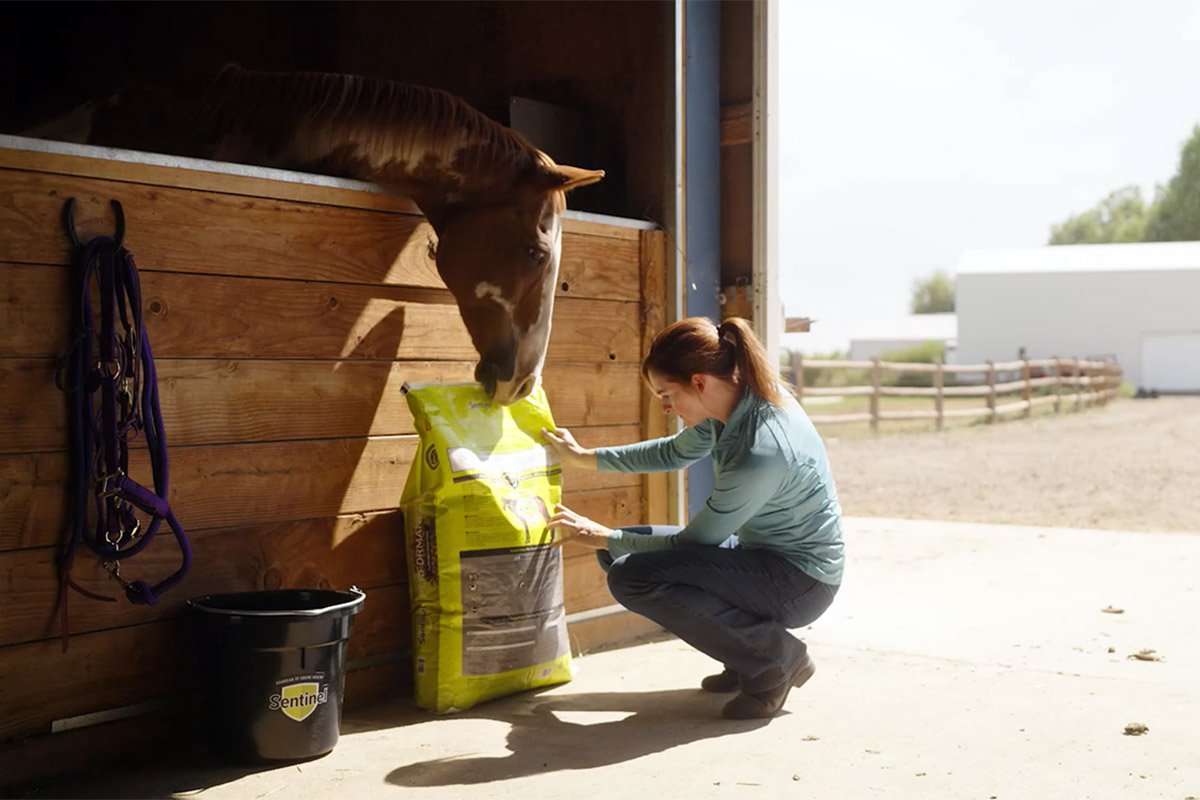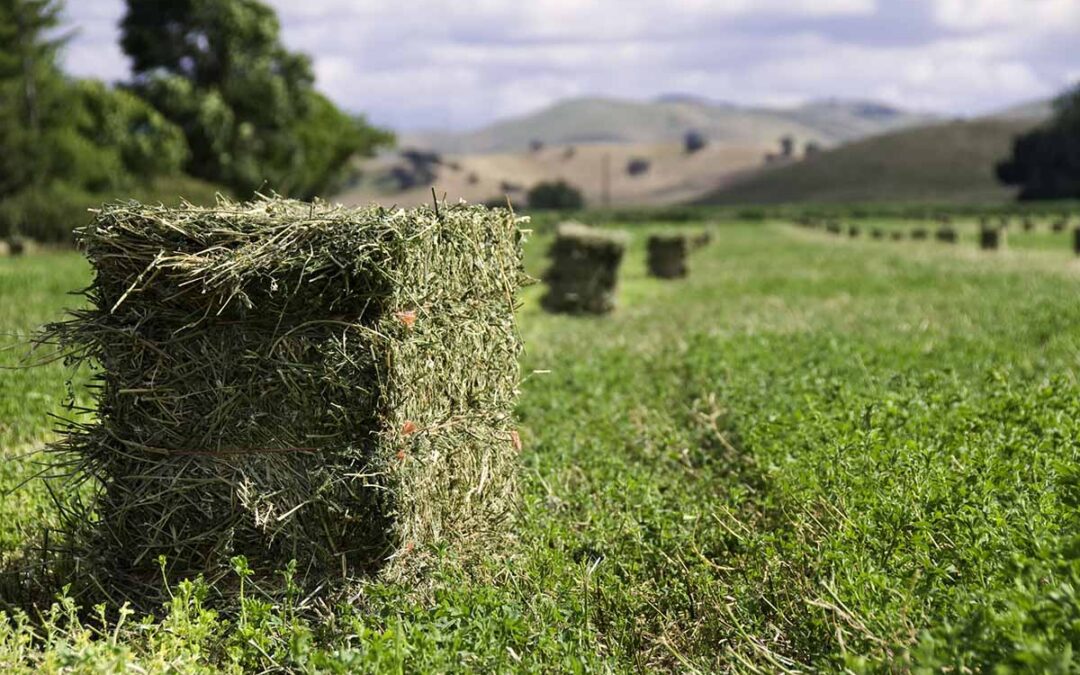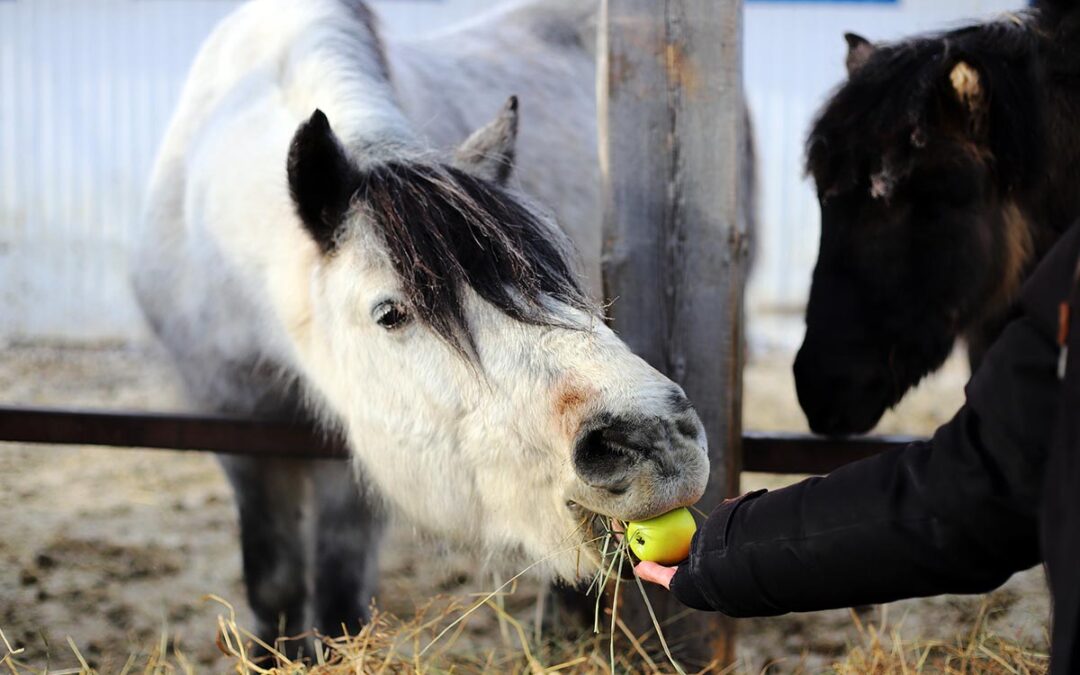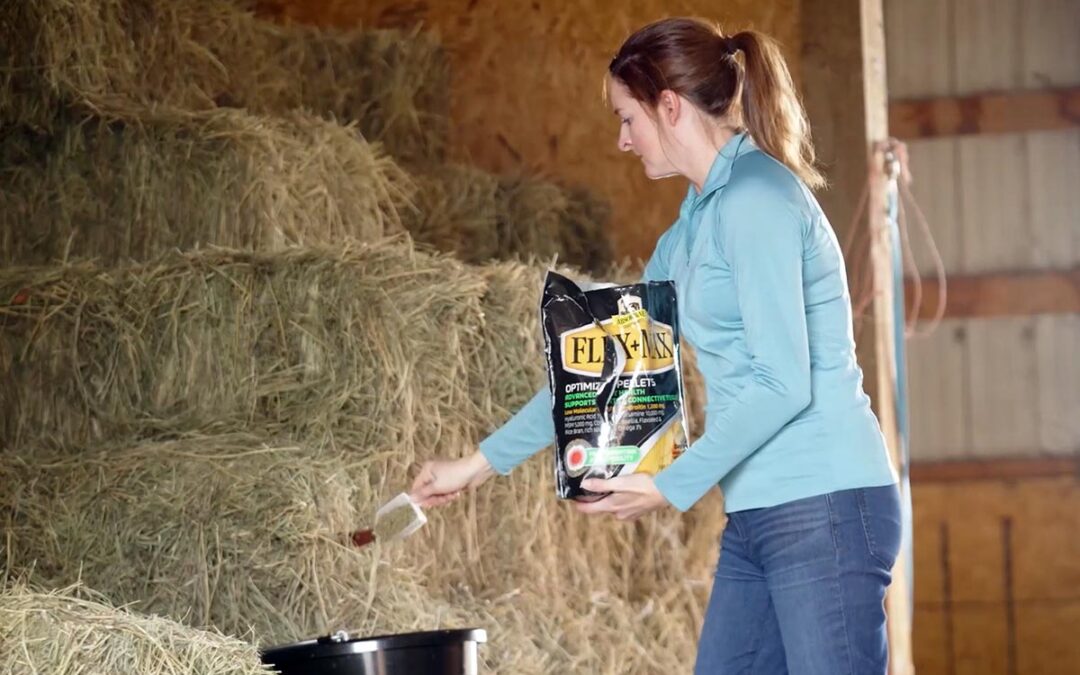As a new horse owner, you’ve probably heard the word “colic” whispered with a sense of dread around the barn. And for good reason—colic is a serious digestive condition that can be life-threatening for horses. The good news? You can prevent many cases of colic through smart feeding practices.
Understanding Colic: What’s Really Going On?
Think of a horse’s digestive system like a complex plumbing network. Unlike humans, horses can’t vomit, which means when something goes wrong in their gut, it can quickly become serious. Colic essentially refers to abdominal pain that can result from various digestive issues, including gas, impaction, and twisting of the intestines.
Feeding Strategies to Keep Your Horse’s Gut Happy
1. Consistency is Key
Horses have sensitive digestive systems that thrive on routine. Sudden changes in feed type, quantity, or timing can trigger digestive upset. Here’s what you can do:
- Feed at the same times each day.
- Introduce any new feeds gradually, mixing the new ration in with the old over seven to 10 days.
- Maintain a consistent diet as much as possible.
2. Prioritize Forage
Grass and hay are fundamental to your horse’s digestive health. Horses are designed to graze continuously, and their gut needs a steady supply of fiber.
- Ensure constant access to good-quality hay, particularly if your horse doesn’t have adequate pasture.
- Aim for at least 1.5-2% of body weight in forage daily.
- Consider using slow-feed hay nets to mimic natural grazing.
3. Water All the Time
Hydration is crucial when it comes to preventing impaction colic. Horses need significant amounts of water, especially in hot weather or when eating dry feed.
- Provide clean, fresh water at all times.
- Check water sources multiple times daily.
- In winter, ensure water isn’t frozen.
- Make sure your horse always has access to a salt block, and consider adding electrolytes during hot weather or intense work.
4. Smart Grain Feeding
Look for a feed with ingredients that support a healthy gut, such as pre, pro, and postbiotics. | My New Horse staff
Some horses need extra energy and nutrients from concentrated feed. Make sure you’re feeding it properly:
- For steady digestion, feed smaller, more frequent meals instead of large portions.
- Never feed more than 5 pounds of grain in a single feeding.
- Choose balanced, high-quality feeds with good fiber content.
- Place your horse’s ration in a feed pan or tub instead of directly on the ground, which increases the risk of sand colic. The same goes for forage—feed from a hay rack or net.
- Monitor starch and sugar levels in the overall diet, especially for horses with metabolic challenges.
- Look for an extruded feed, which breaks down easily in the horse’s mouth and has been shown to reduce the risk of feed-related choke incidents and some gas-type colics.
\You might also ask your veterinarian whether your horse might benefit from probiotic and prebiotic products. These feed supplements can help keep the equine hind gut’s microbial population (the good bacteria that maintain gut function) healthy. Look for a feed with ingredients that support a healthy gut, such as pre, pro, and postbiotics.
Watch for These Red Flags
Even if you follow all the rules of smart horse feeding, sometimes digestive issues arise. Watch for these warning signs:
- Lack of manure production.
- Reduced appetite.
- Unusual lying down or rolling.
- Looking at or biting their sides.
- Sweating without work.
- Rapid or labored breathing.
Final Thoughts
Preventing colic is about understanding your horse’s unique needs and creating a consistent, thoughtful feeding routine. Every horse is different, so talk to your veterinarian or an equine nutritionist to develop the best plan for your individual animal.



